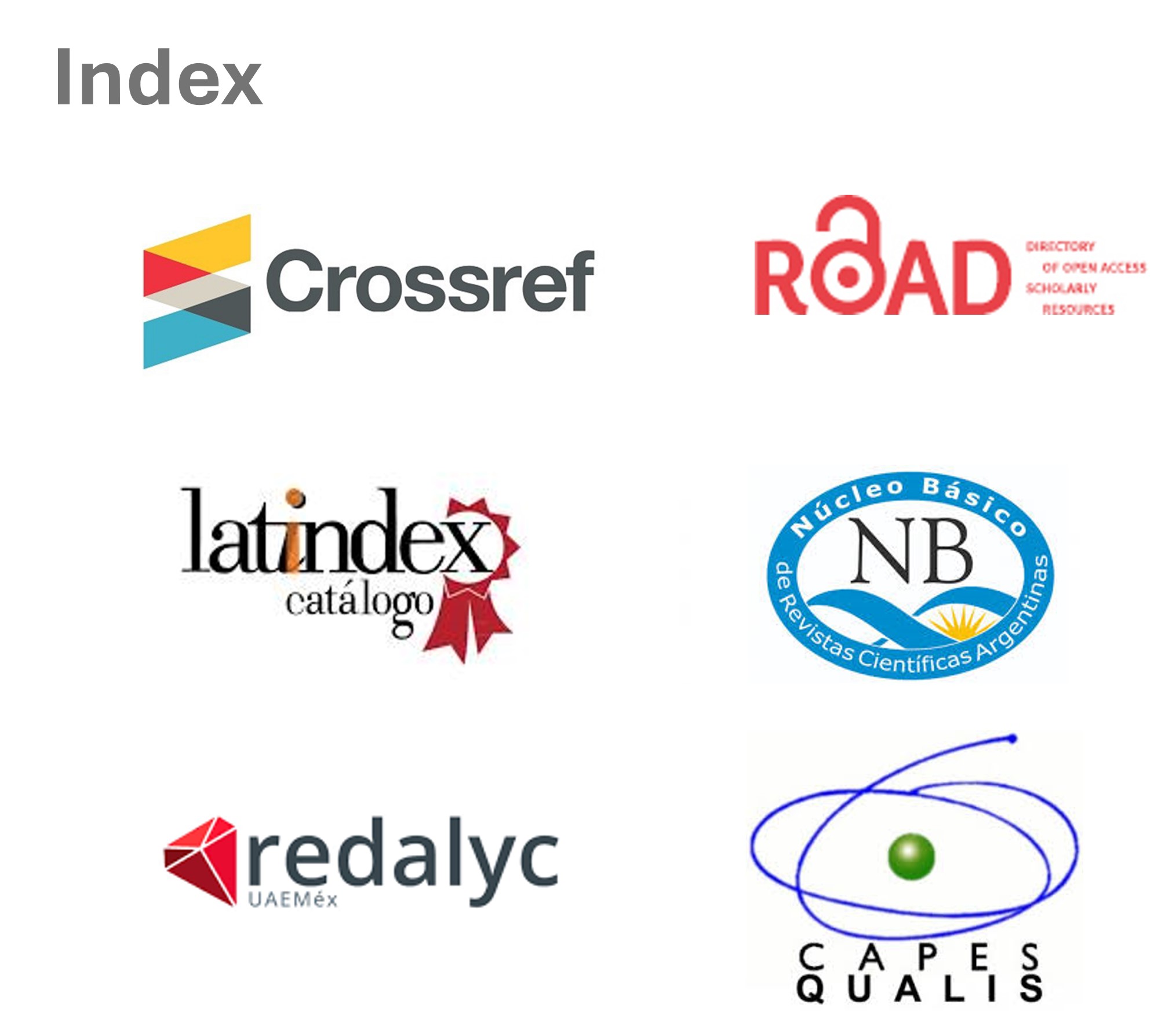Solidarity technoscience. An analytical-conceptual framework
DOI:
https://doi.org/10.48160/18517072re49.51Keywords:
TECHNOSCIENCE, SOLIDARITY ECONOMY, PHILOSOPHY OF TECHNOLOGY, SOCIAL TECHNOLOGYAbstract
This text presents the result of a purpose that I have pursued for more than four decades, which has as its most remote origin my affiliation to Latin American Thought in Science, Technology and Society founded in the 1970s, whose objective is to use our technoscientific potential to overcome underdevelopment, dependency and inequality.
More specifically, the concept I propose here of technoscience in solidarity with the central element that translates the metaphor of the cognitive platform for launching the solidarity economy.
Solidary technoscience is the cognitive consequence of the action of a collective of producers on a work process that, due to a socioeconomic context (which engenders the collective ownership of the means of production) and a social agreement (which legitimizes associativism), which give rise, in the productive environment, to control (self-management) and cooperation (of a voluntary and participatory type), causes a change in the product generated whose material result may be appropriate according to the collective decision (solidarity enterprise).
This development demanded an overcoming criticism of the concept –of social technology– used within the solidarity economy movement. What animates the initiative I make in this text is the fact that, by contradiction, given that this movement is politically counter-hegemonic, two myths that hinder social inclusion tend to legitimize on the cognitive level. The first is the separation of science and technology. The second is the neutrality of technoscience.
Finally, I would like to point out two more points: The first refers to the idea that the concept of solidary technoscience, placed in substitution to that of social technology, as derived from the specification of the generic concept of technoscience can contribute to avoid the concept's Manichaeism. usual social technology conceived in denial to conventional technology. The second is that it seems naive and innocuous the stance of those who, when criticizing the idea of neutrality of capitalist technoscience, aim for another one that, in fact, is neutral and true. And that, as a result, they intend that those involved in research activities in public institutions endeavor –reactively– not to allow them to be “contaminated” with private interests. The posture proposed here is, on the contrary, frankly proactive.
References
Braverman, H. (1974), Labor and Monopoly Capital: The Degradation of Work in the Twentieth Century, Nueva York, Monthly Review Press. [Em espanhol: Braverman, H. (1975), Trabajo y capital monopolista: la degradación del trabajo en el siglo XX, México D.F., Editorial Nuestro Tiempo].
Dagnino, R. (2008), Neutralidade da ciência e determinismo tecnológico, Campinas, Ed. da Unicamp.
Dagnino, R. (2018), “Elementos para una Política Cognitiva popular y soberana”, Ciencia, Tecnología y Política, vol. 1, N° 1, pp. 16-21. Disponível em: <https://doi.org/10.24215/26183188e004>
Dagnino, R., H. Thomas e A. Davyt (1996), “El pensamiento en ciencia, tecnología y sociedad en Latinoamérica: una interpretación política de su trayectoria”, Redes, vol. III, Nº 7, pp. 13-51.
Dagnino, R., F. C. Brandão e H. T. Novaes (2004), “Sobre o marco analítico-conceitual da tecnologia social”, em Lassance Jr., A. E. et al., Tecnologia social. Uma estratégia para o desenvolvimento, Rio de Janeiro, Fundação Banco do Brasil, pp.15-64.
Feenberg, A. (2012), Transformar la tecnología. Una nueva visita a la teoría crítica, Bernal, Universidad Nacional de Quilmes.
Gorz, A. (1997), Metamorfosis del trabajo: búsqueda del sentido. Crítica de la razón económica, Madrid, Editorial Sistema.
Gorz, A. (2001), Adiós al proletariado (más allá del socialismo), Barcelona, El Viejo Topo.
ITS Brasil (2004), Caderno de Debate – Tecnologia Social no Brasil, São Paulo, ITS.
Lacey, H. (1999), Is Sciencie value free?: values and scientific understanding, Londres, Routledge.
Latour, B. (1987). Science in Action: How to Follow Scientists and Engineers Through Society. Harvard University Press. [Em espanhol: Latour, B. (1992), La ciencia en acción, Barcelona, Labor].
Marglin, S. (1986), "What do bosses really do?", The Journal of Economic History, vol. 46, N° 3, pp. 585-623.
Núñez, J. (1999), La ciencia y la tecnología como procesos sociales, La Habana, Editorial Félix Varela.
Wikipedia (s./d.), “Tecnologia social”. Disponível em: <https://pt.wikipedia.org/wiki/Tecnologia_social>
Winner, L. (1986), The whale and the reactor. A search for limits in an Age of High Technology, Chicago, University of Chicago Press. [Em espanhol, Winner, L. (2008), La Ballena y el Reactor: una búsqueda de límites en la era de la alta tecnología, Barcelona, Gedisa].
Downloads
Published
How to Cite
Issue
Section
License
Copyright (c) 2020 Redes. Journal of Social Studies of Science and TechnologyThe documents published here are governed by the licensing criteria
Creative Commons Argentina.Atribución - No Comercial - Sin Obra Derivada 2.5 https://creativecommons.org/licenses/by-nc-nd/2.5/ar/













